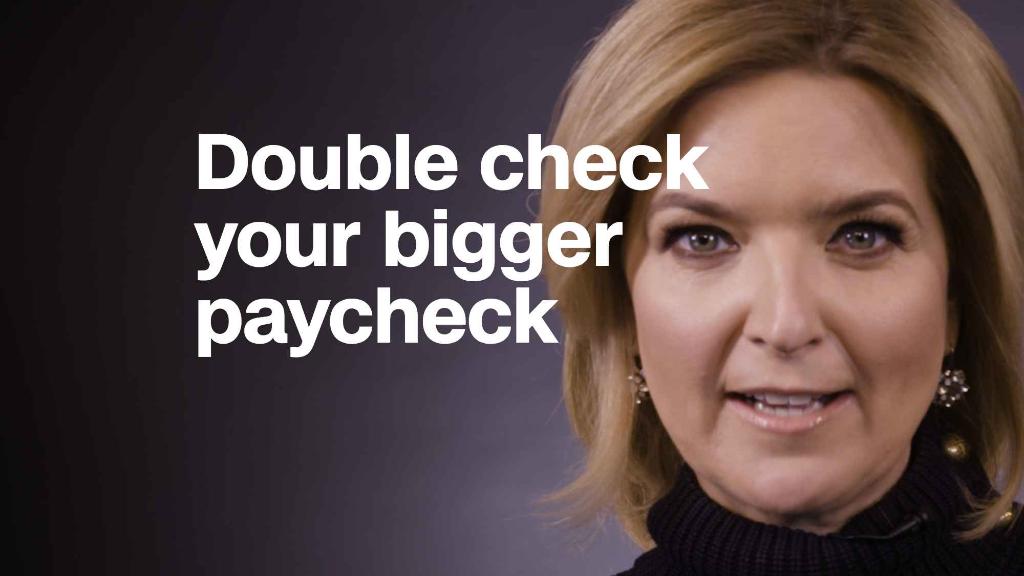
If you're like roughly three-quarters of US tax filers, you'll get a refund when you file your 2017 federal income tax return this year.
As of March 30, the average refund paid out so far was $2,900, according to IRS data.
And the turn-around time to get your refund is pretty fast: The IRS issues 9 out of 10 refunds in less than 21 days after a return is filed.
If that's not detail enough for you, you can track when the IRS expects to direct deposit or mail yours by using the IRS' "Where's my refund?" tool, which is updated daily. You'll need to enter your Social Security number, your filing status and the refund amount you put on your return.
Related: 11 tax deductions and other ways to cut your 2017 tax bill
There are some circumstances in which your refund may take longer. Specifically, if the IRS has found an error on your return or requests more information from you.
Also, if you filed in January or early February and claimed the refundable Earned Income Tax Credit or the Additional Child Tax Credit, the IRS by law was not allowed to start sending that money out until February 15.
Of course, you won't be paid a refund if you don't file. Returns this year are due by April 17, unless you file for an automatic six-month extension.
For those people who failed to file their return for 2014, this is the last filing season you can still do so and get your refund if one is owed. If you don't, the U.S. Treasury by law can keep the money.
